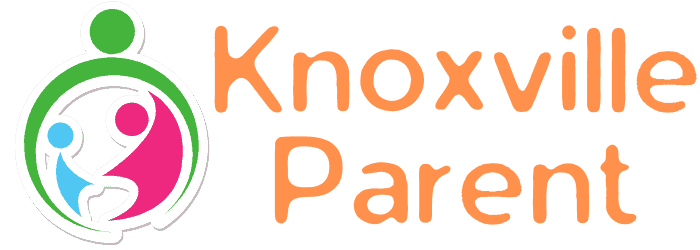By Kindall Aaron
In the U.S., one in three children is considered overweight or obese. Here in Tennessee, 39 percent of children are obese—ranking our state third in the nation for rates of pediatric obesity. Though the numbers are shocking, the consequences of childhood obesity are even worse. Children who are obese in their preschool years are more likely to be obese in adolescence and adulthood, and they have a tendency to develop diabetes, hypertension, asthma and sleep apnea.
But what does being obese really mean? For children ages 2 to 19, obesity is measured by calculating one’s body mass index (BMI). If your child’s BMI is at or above the 95th percentile for his age group, then your child is considered obese. A BMI can be calculated easily using height, weight, gender and birthday.
Obesity and excessive weight can be the result of unhealthy eating, lack of exercise or genetic factors. It dramatically increases the risk of serious diseases, low self-esteem and substance abuse. Cardiovascular risks in childhood—like high blood pressure and diabetes—can lead to serious medical problems like heart disease, heart failure and stroke as adults. Preventing or treating obesity in children may reduce the risk of these diseases and outcomes.
Though the road to a healthier lifestyle can seem scary or out of reach, improving your child’s habits today could save money and his life in the long run.
The Knoxville Area Coalition on Childhood Obesity (KACCO) has teamed with East Tennessee Children’s Hospital, its Healthy Ways Clinic and the local community to combat East Tennessee’s high levels of childhood obesity. The coalition was created by Children’s Hospital in 2008. Currently, the coalition’s leaders meet with state representatives to gain support for daily physical activity in school, fresh food options and community gardens. It also supports health-oriented community events and programs, increases awareness about childhood obesity and works with families and schools.
Though the road to a healthier lifestyle can seem scary or out of reach, improving your child’s habits today could save money and his life in the long run. Children’s Hospital and the KACCO recommend these simple tips for improving your child’s health:
- Don’t use sweets or treats to reward your child for good behavior or to stop a behavior.
- Steer your child toward healthier choices by only keeping healthy snacks at home.
- Encourage your child to be active every day through organized sports or activities like walking and playing in the yard. Besides decreasing the risk for obesity, daily physical activity can improve grades, cognitive skills, concentration and attention.
- Let your child be involved in making good food choices, such as packing lunch and preparing dinner.
- Cut down on television, computer, phone and video game time and discourage watching television during dinner.
- Model a healthy lifestyle for your child by eating well, exercising regularly and incorporating healthy habits into your family’s daily life.
- If you think your child may be overweight or obese, call your pediatrician.

 Kindall Aaron is the Coordinator of the Knoxville Area Coalition on Childhood Obesity through East Tennessee Children’s Hospital. The coalition focuses on reducing the incidence of childhood obesity. Visit www.yeah4kids.org or www.etch.com for more information.
Kindall Aaron is the Coordinator of the Knoxville Area Coalition on Childhood Obesity through East Tennessee Children’s Hospital. The coalition focuses on reducing the incidence of childhood obesity. Visit www.yeah4kids.org or www.etch.com for more information.
Related posts
Newsletter Subscribe
Newest Posts
Set Up a Parental Control for Online Safety
Have you ever wondered how long your children spend in front of a device without your supervision? Yes, it is…
Adopt A Life, Save A Life
By Jeff Ashin, CEO, Young-Williams Animal Center. Photo by: Young-Williams Animal Center Are you or your child thinking of adding…

